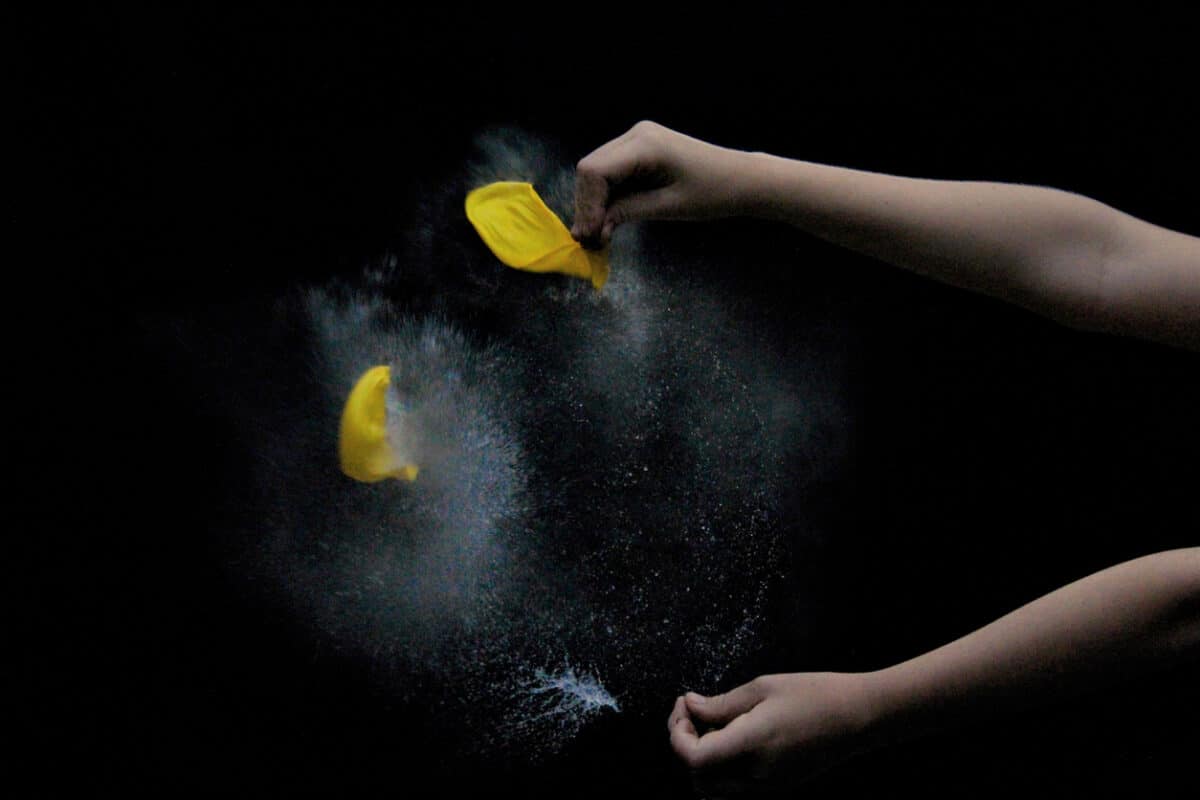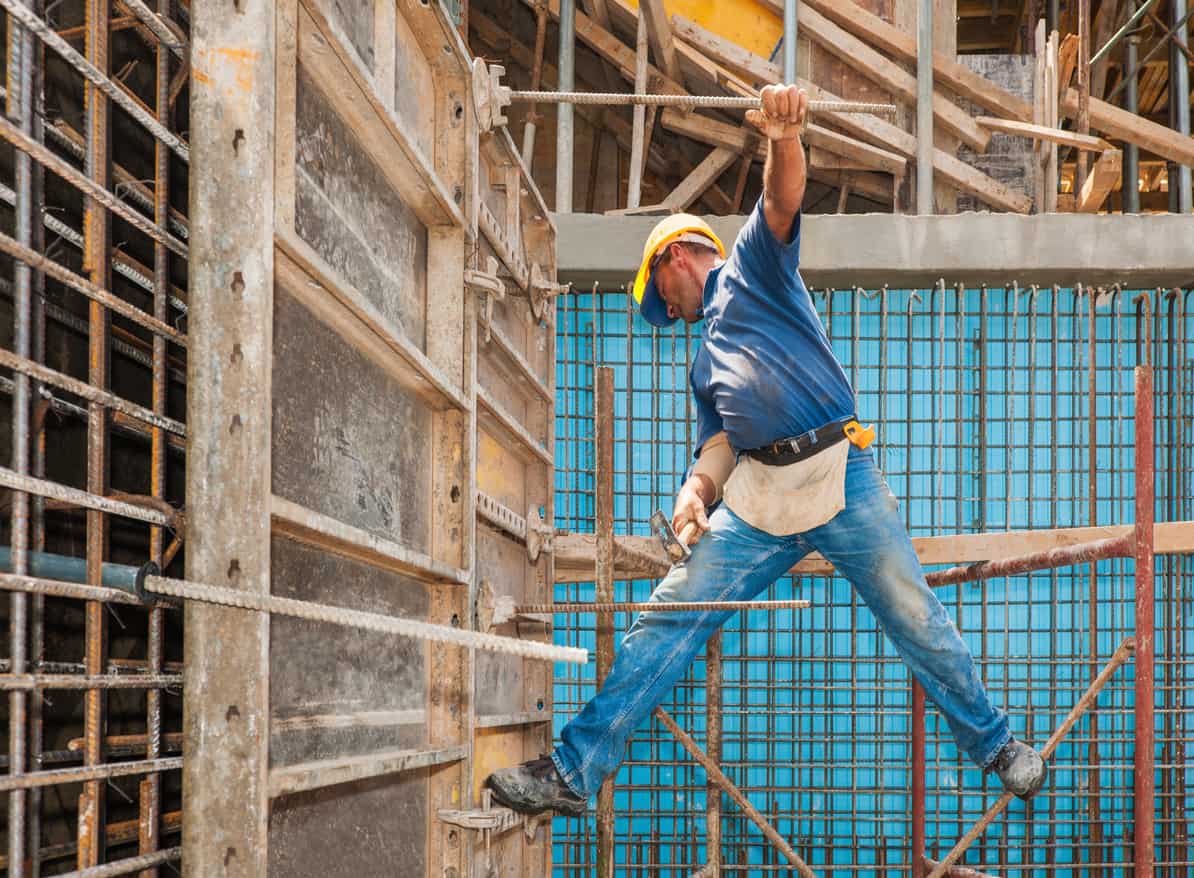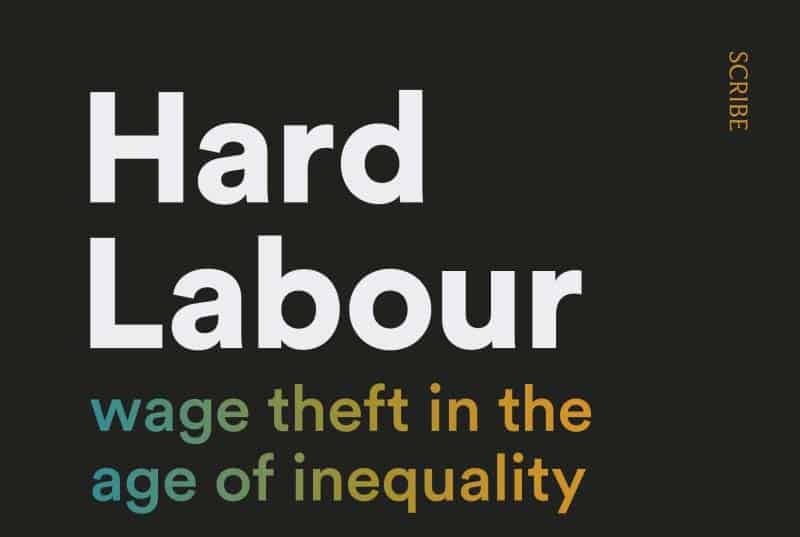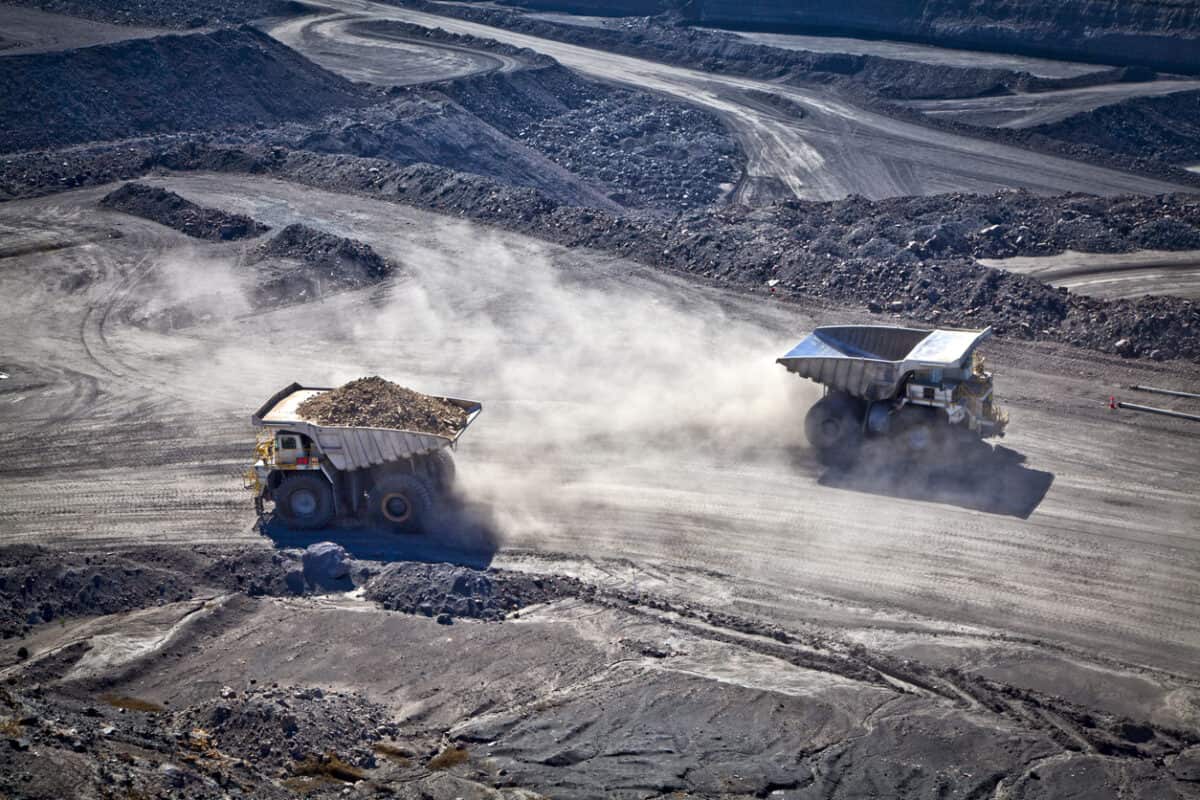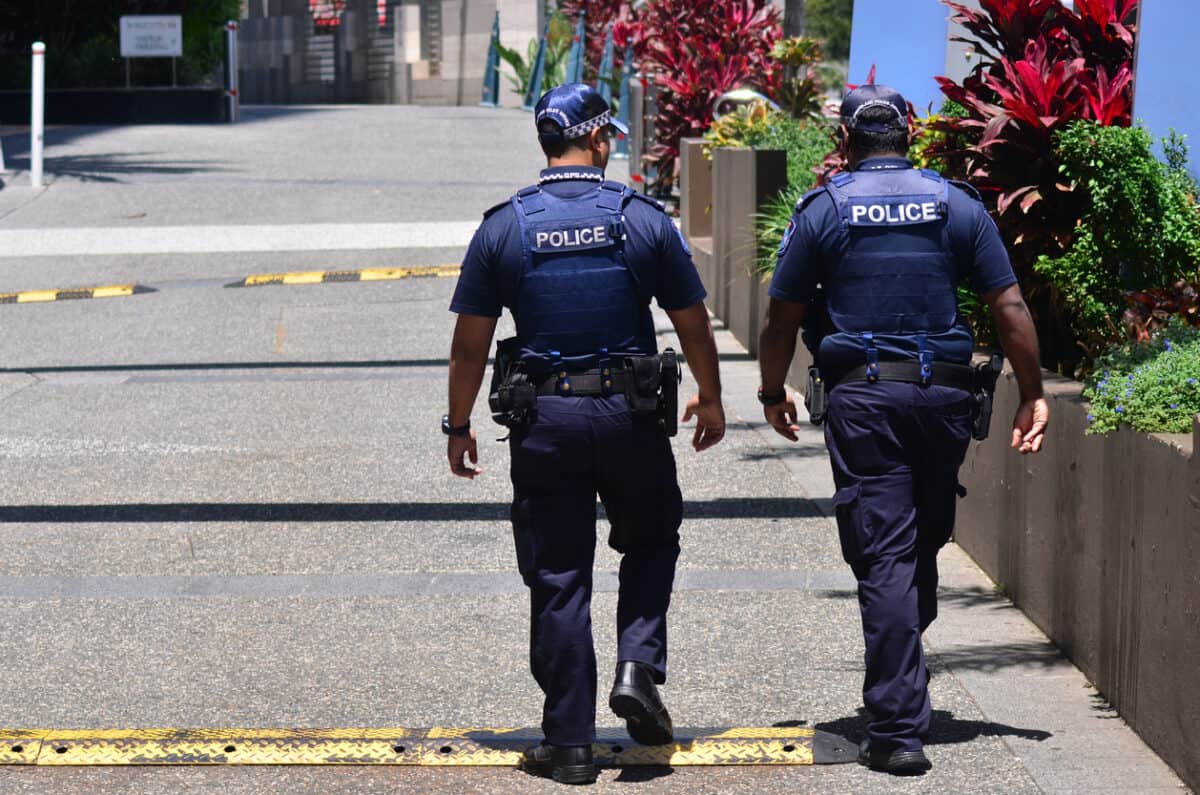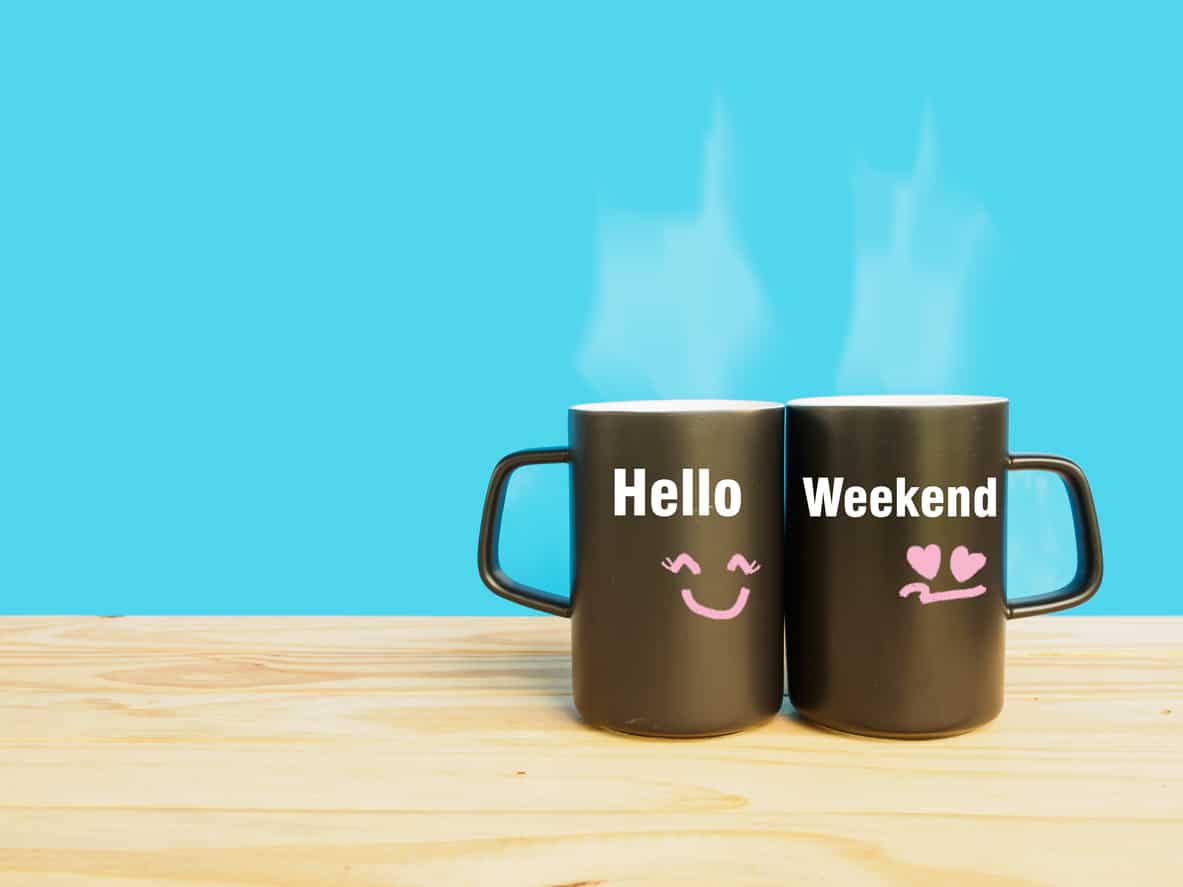The legal action by Self-Employed Australia’s Ken Phillips to hold the Victorian Premier, Daniel Andrews, ministers and senior bureaucrats accountable for COVID-19-related deaths stemming from the failure of the hotel quarantine program appears to have failed. At least it has in the courts, fringe community and political views still exist saying that Andrews should be pursued for murder or industrial manslaughter.
Category: Duty of Care
You don’t have to talk about OHS to talk about OHS
On November 16 2022, Tony Burke, Minister for Employment and Workplace Relations, spoke at the National Press Club in Canberra. Although his portfolio has occupational health and safety (OHS), workplace health and safety was mentioned only once in passing. In this instance, that’s okay because he is trying to pass a major piece of industrial relations (IR) law. But some of his speech raised issues related to work or how businesses are managed, which do have important OHS contexts.
Wage theft needs more OHS analysis
Journalist Ben Schneiders has written an excellent book about wage theft in Australian businesses – where it came from, why it persists, and the inequality it generates through institutional and wilful exploitation. What is missing is a chapter, at least, on the occupational health and safety (OHS) contexts of this exploitation. OHS is touched on but is also missed when discussing some of the pay and working conditions.
The good and the odd in Oz Minerals’ “Safety Stop”
Oz Minerals Managing Director Andrew Cole is reported in today’s Australian Financial Review (paywalled) saying:
“.. there had also been an ‘‘unacceptable’’ trend in workplace safety during the past three months at the mines, but he was confident the trend had stabilised.”
This is likely to have come from the company’s September 2022 Quarterly Report and webcast released yesterday.
The company’s one-day “stop” for safety consultation is admirable, but some of the discussion reported in other media implies that an older-style attitude to worker safety persists.
Sacking may eliminate a hazard but allow toxic work cultures to persist
A Queensland inquiry into how Police respond to and handle domestic violence incidents has gained an occupational health and safety (OHS) context. According to The Guardian newspaper (paywalled).
“Employment law experts say the weak police discipline system and the ongoing employment of problematic officers have created “clear breaches of duty” under workplace health and safety laws, which require organisations to provide a safe environment for employees.”
Perhaps the article is more telling in the assumption that offending Police are unredeemable, with the only option being to sack them. OHS duties are meant to be supportive, but they also advocate that workplace hazards should be eliminated, as this is the most effective risk control measure.
Disconnect and Positive Duties
Recently the Australian government released the interim report of the Select Committee on Work and Care. This committee is one to watch for many reasons; the least is that it is chaired by Senator Barabara Pocock, a leading researcher and writer on issues related to work/life balance and workplace equity. The report does not address occupational health and safety (OHS) risks directly;y but discusses many of the flexible work structures that can affect workers’ mental health.
One element of the Committee’s report deals with the Right to Disconnect – the right to turn off from the always-on workplace; a policy that returns the focus of days off to relaxation, hobbies or reconnection with friends and family.
Another is the imposition of another work-related positive duty.
Why isn’t work safer?
Recently Australian law firm Cornwalls published an article about workplace health and safety in support of National Safe Work Month. The article, written by Robert King, illustrates the difference between advice from a lawyer and advice from an Occupational Health and Safety (OHS) professional.
King advocates that National Safe Work Month is a good time to audit one’s OHS management system. He’s right, but anytime is a good time to undertake these audits as long as the auditor is independent and honest.

